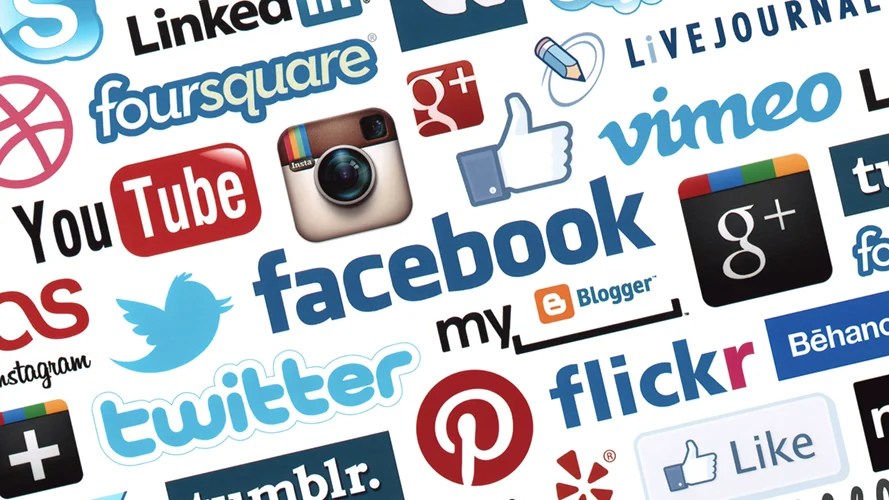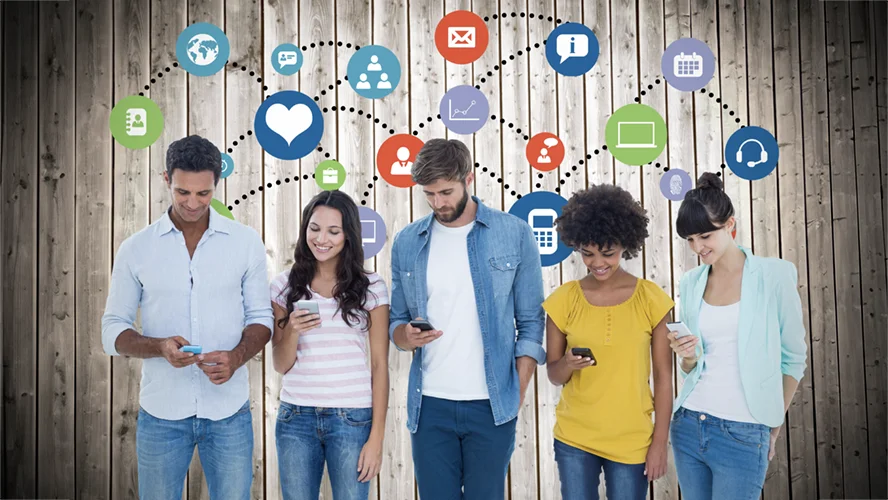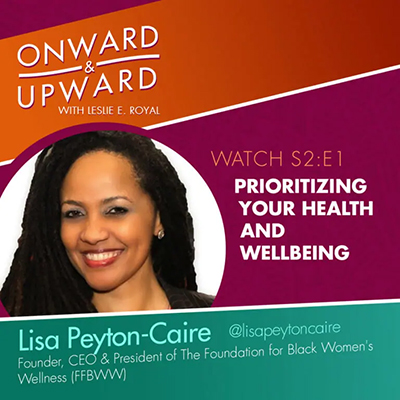Mind over Media: Social Media’s Effect on Mental Health
- How prevalent is social media?
- What are some negatives of social media?
- What are some positives of social media?
- Is Your Social Media Use Toxic?
- 4 Ways To Re-establish a Healthy Social Media Relationship
- Summary
Key Takeaways
- About 95% of teens own a smartphone, and 97% use the internet daily.
- The negatives of social media include cyberbullying, sleep disturbances, anxiety and depression, and unrealistic beauty standards.
- Social media has many positive aspects. These include forming supportive communities, accessing informational and educational resources, promoting awareness and advocacy, sharing creativity, professional networking, and entertainment and relaxation.
- You can regain control of your toxic social media use by being intentional about limiting your time and access to social media.
How prevalent is social media?
95% of teens own a smartphone.
97% of teens use the internet daily.
Social media has been around for decades. It’s an online service (website or app) where people can communicate with others, form an online community with friends and strangers, and share content. While there were a few smaller websites before it, MySpace was the first to take the internet by storm in the mid-2000s. Since then, several other social media icons have taken over, with the most popular being Facebook, Instagram, TikTok, YouTube, Snapchat, Twitter (now known as X), Reddit, Tumblr – the list goes on!
Smartphones make social media immediately accessible in your pocket. About 95% of teens own a smartphone, and 97% use the internet daily. Does this include you or your child?
Facebook is the most popular social media platform, with 3 billion users!
(But Instagram is the favorite among teenagers)
What are some negatives of social media?
While social media can be great, it can also come with some negatives if you overuse or misuse it. Below are some examples of negative experiences you may have:
- Cyberbullying: About a quarter of high school students report experiencing cyberbullying. This can include hurtful comments, rumors, humiliation, exclusion, or stalking online.
- Sleep disturbances: The longer you spend online, the more your sleep is affected. This includes your sleep duration and ability to fall asleep. This can result in dysfunctional days with poor energy for school and activities, leading to worsening grades. Even if you don’t look at your phone, hearing notifications can disturb your sleep.
- Anxiety and depression: “Facebook depression” has been an official medical term since 2011 because of a consistent decrease in mental health as Facebook grew larger.
- Body image: Social media has a lot of influencers posting over-edited and filtered photos that hide their skin texture, body shape, and any flaws. This can lead to unrealistic beauty standards and body shaming.
27% of high schoolers report experiencing cyberbullying.
What are some positives of social media?
It can be scary, but social media isn’t all bad news! As long as its use is well-balanced, some benefits include the following:
- Forming a community: Find supportive people who like the same things you do or discover a new hobby!
- Accessing informational and educational resources: Many news and education organizations share their resources on social media, so it is a good way to stay updated and learn something new.
- Promoting awareness and advocacy: You can use social media to promote your cause. Your posts can reach millions, advocate for an important cause, and spread awareness.
- Sharing creativity: You can share ideas and get feedback in many online groups.
- Professional networking: Some social media, like LinkedIn, encourage professional networking. You can share your curriculum vitae (resume), contact recruiters, and develop your path toward your dream career.
- Entertainment and Relaxation: Social media can be fun! But remember — just because it looks fun online doesn’t mean you should try recreating it.
Is Your Social Media Use Toxic?
- Are you anxious about how many views or likes your posts have received?
- Do you feel depressed by negative comments on your posts?
- Do you need to check notifications constantly?
- Are you trying to look or act like someone’s online posts?
- Are your spirits down when you can’t get your posts to look and feel like others?
- Are you staying up late to be online and wake up feeling tired in the morning?
Just 3 hours online per day is linked to mental health concerns.
If you answered yes to any of these questions, you have a toxic relationship with social media. Don’t worry; there are many things you can do to fix it. The first step is realizing things aren’t going well.

4 Ways To Re-establish a Healthy Social Media Relationship
- Limit time online per day:
- Many free apps can limit your time on social media (or any website, app, or phone). For example, “Stay Focused” can generate a blocking pop-up once you’ve reached the maximum time you have set for the hour or the day. You can also set a maximum time to check the app.
- Put your phone away once you’re home or during other activities, such as dinner, homework, or watching TV.
- Dedicate a specific time of day for checking social media – for example, after dinner, homework, or a completed task.
- Most phones have digital well-being features such as “Do Not Disturb” and “Sleep Mode” to encourage you to put your phone down. Do not Disturb will block certain notifications. Emergency notifications, such as notifications from your home alarm system, will still come through. You may also select specific contacts who will bypass the Do Not Disturb feature. Sleep mode changes your screen from color to black and white. This is a gentle reminder to put your phone down and discourage browsing.
- Limit what you access:
- Turn off notifications and comments that create anxiety! You can continue posting beautiful content without worrying about anyone else’s thoughts.
- Block people who make you anxious (don’t worry, they won’t know they’re blocked). If you know that a specific individual’s content upsets you, many apps allow you to block or ignore them without them knowing. You can still technically “follow” them without seeing what they post.
- Filter the comments you see. You can limit comments. Do you still want to see your friends’ positive comments but not negative ones? You can block specific comments from being visible. You are not blocking their ability to post; you are simply blocking what you see. Again, they’ll never know. You can turn on limited comments and pick who that includes. You can also block certain harmful words from being used.
- View positive content:
- Engage with the real world:
- Make in-person plans with your friends, such as watching a movie, riding bikes, exercising at the gym, shopping, or volunteering together.
- Work on a new hobby, such as photography, knitting, exercise, reading, or baking – the options are endless!
Summary
Social media has many pros and cons. Being careful about what you access and how often goes a long way in preventing potentially harmful effects on your mental health. If you start noticing signs of toxicity relating to your social media use, take a step back and revisit our tips to regain control of your mental health.
Written by: Camille Imbo, MD | Editor: Jennifer Abayowa and Dayna Smith, MD| Reviewed: December 3, 2024| Copyright myObMD, Inc. 2024.
References
- Mayo Clinic Staff. (2024). Teens and social media use: What’s the impact? Mayo Clinic.
- Patchin, J. W. (2023). Cyberbullying Continues to Rise among Youth in the United States.
- Pirdehghan, A., Khezmeh, E., & Panahi, S. (2021). Social Media Use and Sleep Disturbance among Adolescents: A Cross-Sectional Study. Iranian Journal of Psychiatry.
- Salma, N., & Bhuiyan, F. (2024). Facebook addiction and its impact on depression: a cross-sectional study. Journal of Health, Population, and Nutrition.
- Vogels, E., Gelles-Watnick, R., and Massarat, N. (2022). Teens, Social Media and Technology 2022 Pew Research Center.


